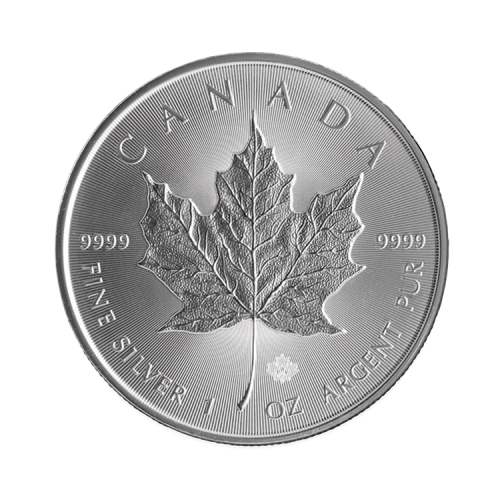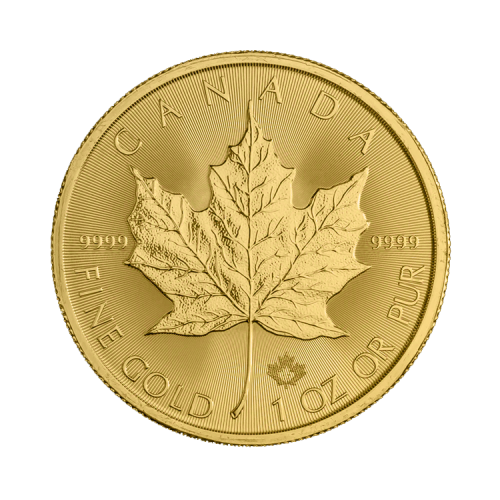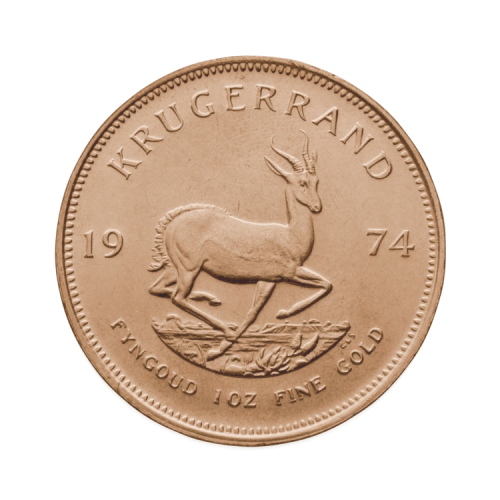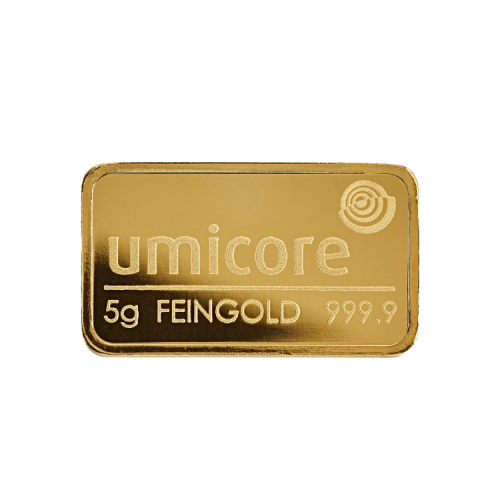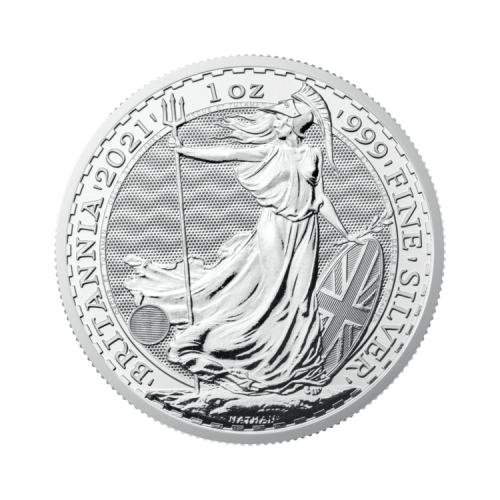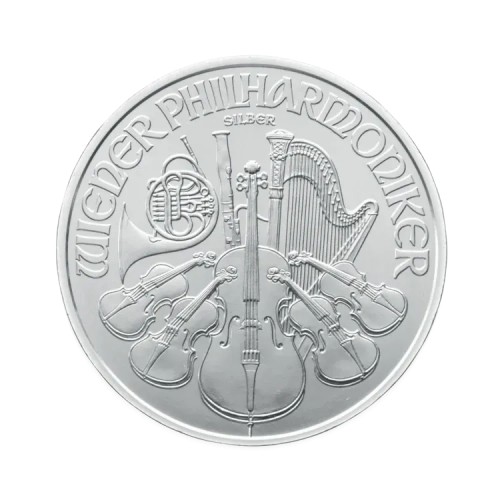Why Silver is More Affordable for Individuals

In this blog, we explain why silver is more affordable for individuals, why this difference is shrinking, and why buying silver for business purposes can also be attractive.
Silver, an undervalued precious metal
Traditionally, gold has had more status than silver. While gold has remained relatively high in price since the Covid crisis, silver has lagged somewhat behind. However, it now seems that in 2025 silver is catching up with gold.
This can partly be explained by the persistently high gold price and ongoing geopolitical uncertainty, which drives investors to look for a cheaper alternative or one with more growth potential. In addition, silver has become increasingly popular as an industrial raw material, especially in the context of sustainability and technology.
21% VAT on silver
In the Netherlands, silver does have one drawback compared to gold: it is subject to 21% VAT. This is partly logical, as silver is more commonly used as an industrial raw material. On the other hand, it is unfortunate, since people generally buy silver coins or bars to invest or protect their wealth—not to manufacture solar panels.
Until January 1, 2025, there was an exception for silver coins, but this has now expired. Only silver coins minted before 2025 still fall under the margin scheme, where VAT is only charged on the dealer’s profit margin. With higher silver prices and the new rules, these older, VAT-free coins have naturally become scarce.
Popular with individuals
These VAT rules also explain why silver used to be more popular with individuals, who could take advantage of the margin scheme. In addition, the relatively light one-troy-ounce silver coins were a fun collectible item.
Now that the VAT on silver bars and silver coins has more or less been aligned, it is often more favorable to buy larger silver bars. These typically carry lower premiums and transaction costs compared to a tube of coins.
Is 21% VAT on silver a disadvantage?
Of course, 21% VAT on silver is a disadvantage compared to gold, which is exempt from VAT. However, the fact that silver now seems to be catching up also suggests that it may have more growth potential than gold. Buying silver can therefore still be interesting despite the 21% VAT.
In addition, dealers such as Inkoopedelmetaal have slightly increased their buyback prices to help offset the higher VAT on silver. This means you do not have to bear the full VAT cost yourself if you later decide to sell your silver. Entrepreneurs, meanwhile, can reclaim VAT on silver purchased for business purposes, but the Dutch Tax Authority considers this a business investment. It is therefore advisable to consult an accountant first.
Buying silver without VAT
Would you still prefer to buy silver without VAT? Entrepreneurs may be able to reclaim VAT on silver purchased for business purposes, but as mentioned, this is seen as a business investment, so professional tax advice is recommended.
For individuals, the best option—aside from searching for old coins—is to choose secured storage with, for example, Edelmetaal Beheer Nederland. Your silver is then stored in a bonded warehouse in Switzerland, outside the EU, meaning no VAT is charged. An added advantage is that your silver is stored securely and insured. The downside is that you do not have direct access to your silver, although you can have it delivered to you if you are willing to pay the VAT at that time.
Would you like to buy silver? View our range of silver coins and silver bars, available directly from stock.
Disclaimer: The Silver Mountain does not provide investment advice and this article should not be considered as such. Past performance is no guarantee of future results.

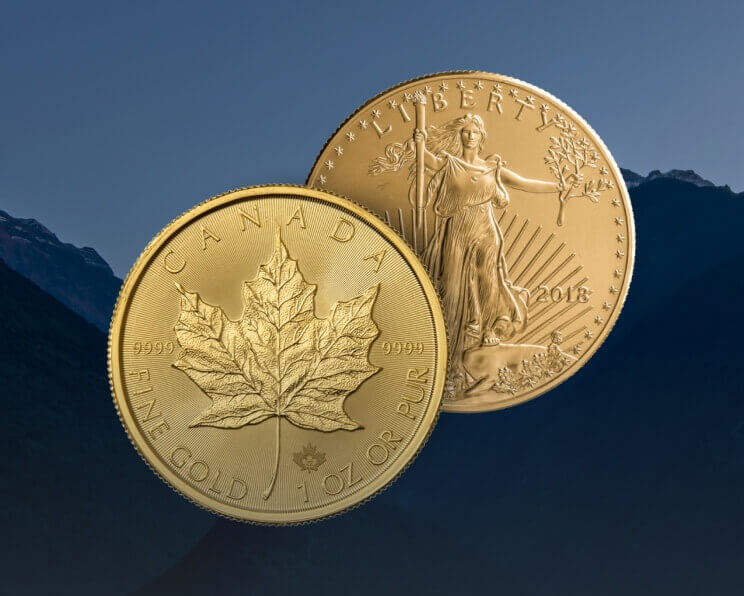
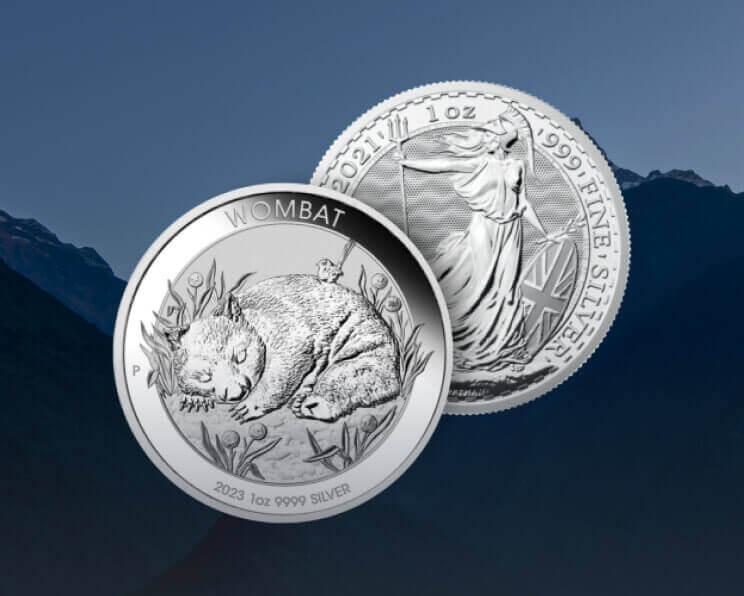



 About
About 

